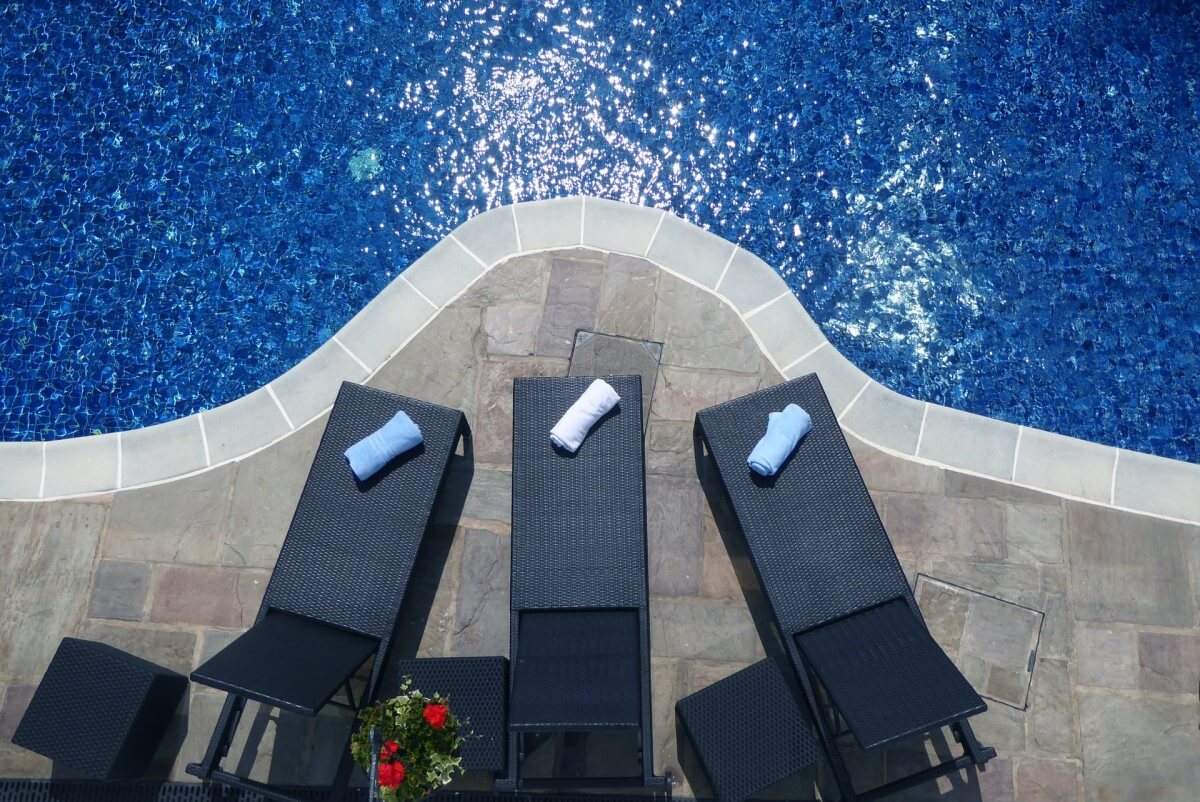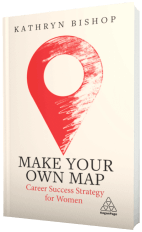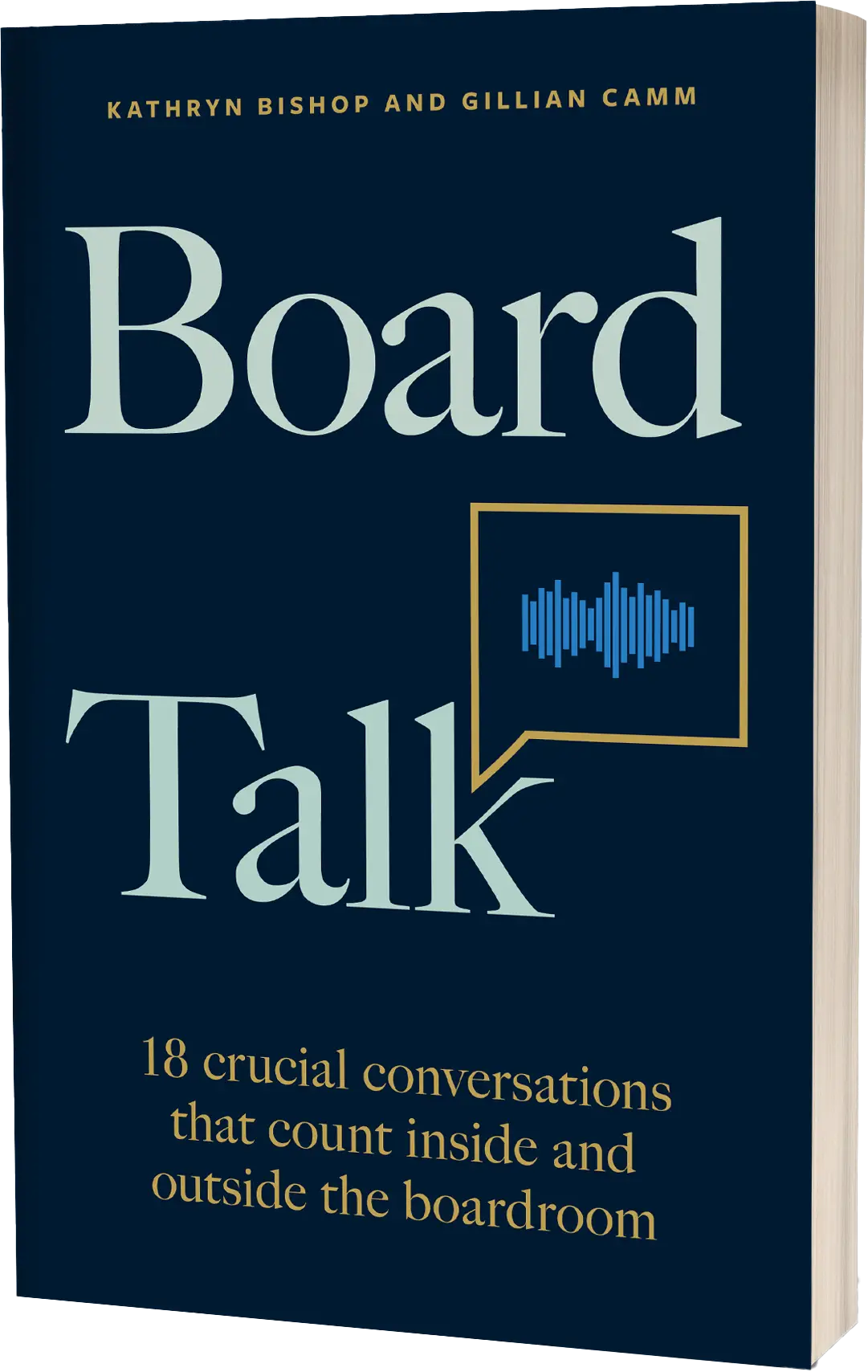The title of a recent magazine article caught my eye this week: “What next? How to plan the future from your sun lounger.” It sounded marvellously easy and useful, too. It’s not a bad article with its advice about changing perspective, and turning dreams into reality, but it didn’t get to grips with how difficult this “planning for the future” can be.
There are plenty of blogs and books about the importance of having a sense of direction and the difference this could make to your future. For example, advice on the LifeHack website sounds so appealing: “write down what you are for and your life will definitely be happier..”
But the wording is important here: the advice is to focus on “what you are for” and that is about purpose, not just direction. It’s about the end-goal, not just the next few steps. The idea of the purpose you serve in life is linked to the idea that you should find your passion and build your life – or at least your working life – around that. That sounds rather more complicated, even if you have plenty of time on the sun lounger.
The equivalent concept in corporate strategy is sometimes referred to as “strategic intent”: what the organisation is designed and built to do. Strategists spend time trying to express this concisely because a clear statement of strategic intent is really useful: it can be used in making decisions, in selecting options, in choosing the right course of action or investment, and it can also motivate members of staff. But this only works if the statement of strategic intent is built into the organisation, visible day-by-day – if people inside the organisation feel that it is an authentic statement which really encapsulates what the everyone is focused on.
Generating your own sense of purpose – your “strategic intent” – is really, really useful. But it’s also quite difficult to do and may take some time. While teaching the application of corporate strategy to individual working lives, I have obviously tried to follow the advice I offer to others. As a result, I’ve had a concise definition of my strategic intent for some years, which has been as valuable as the theory suggests it should be. It did take me more than 18 months to work out what it was, though. I’ve used it in deciding to turn down some opportunities and to accept others. It has also made prioritising conflicting demands much easier – I ask myself “which will serve my purpose better?”
There are various ways of defining your sense of purpose and there is one very helpful strategy model which helps you to translate your statement of purpose into a design for your working life. It is definitely the most useful of all the models which I teach, but – of course – it is also the hardest to develop and requires time and thought.
But there is a relatively simple exercise which could be a productive first step – and this might well be do-able on a summer afternoon. The exercise asks you to imagine that you are going to tell some very short stories, which describe what you are passionate about in your (working) life.
Deliberately working quickly, write three different versions of this very short story, each of which is designed to be told to someone different. Imagine telling the story to three people, with different ages, genders, backgrounds – for example, a ten-year old boy, your grandmother and your next-door neighbour. Take no more than 10 minutes maximum for all three stories.
Now review the different versions of the story you have created; look for common themes, words, ideas – or parts of the story that appeal to you strongly, which seem to be absolutely accurate or feel right.
Finally: using those words and phrases, develop a fourth version of the story, making it as short as possible. This fourth and final version of the story should give you some insights about your passion or your purpose – or at the very least, suggest some focus which may not have been clear to you before.
Summer is the perfect time for this because the exercise is deliberately designed to be done quickly, using intuition rather than careful thought, telling a story rather than analysing. It probably works better sitting in the sun than it would sitting at a desk. You might spend the rest of the summer deciding what, if anything, you want to do with your insights, but this is a good start. And you will definitely deserve an ice-cream as a result.
(Ideas for what to do with this statement of purpose will be in a later post.)



